In recent years, the engineering landscape has witnessed a transformative shift towards the utilization of plastic bearings in various low-maintenance applications. These innovative components, crafted from high-performance polymers, offer a range of advantages that significantly enhance the efficiency and longevity of machinery. Unlike traditional metal bearings, plastic bearings are renowned for their lightweight nature, resistance to corrosion, and ability to operate effectively in harsh environments without the need for lubrication. This adaptability positions plastic bearings as a crucial solution for industries aiming to reduce maintenance costs and improve operational uptime.

As we delve deeper into the benefits of plastic bearings, we will explore their unique properties, practical applications, and the future potential they hold for revolutionizing the way we approach design and maintenance in mechanical systems. Embracing plastic bearings could very well be the key to unlocking a new era of engineering innovation.
Plastic bearings have emerged as a game-changer in various industrial applications, offering an array of advantages over traditional metal bearings. One of the most significant benefits is their low maintenance requirements. Plastic bearings are inherently resistant to corrosion and do not require lubrication, which reduces downtime and maintenance costs. This makes them particularly suitable for environments where regular servicing is impractical or impossible, such as in harsh chemicals or extreme temperatures.
When considering the use of plastic bearings, it’s essential to keep a few tips in mind. First, always evaluate the specific requirements of your application, including load capacity and speed, as these factors can influence the performance of plastic bearings. Second, choose the right material based on the operating conditions—some plastics withstand wear better than others. Lastly, factor in the environmental impact; many plastic bearings are made from recyclable materials, contributing to sustainable practices in manufacturing.
Additionally, plastic bearings are lightweight, making them ideal for applications where weight reduction is crucial. Their ability to operate silently also adds to their appeal in consumer appliances and machinery where noise levels must be minimized. By integrating plastic bearings into your operations, you can enhance efficiency while embracing innovation in bearing technology.
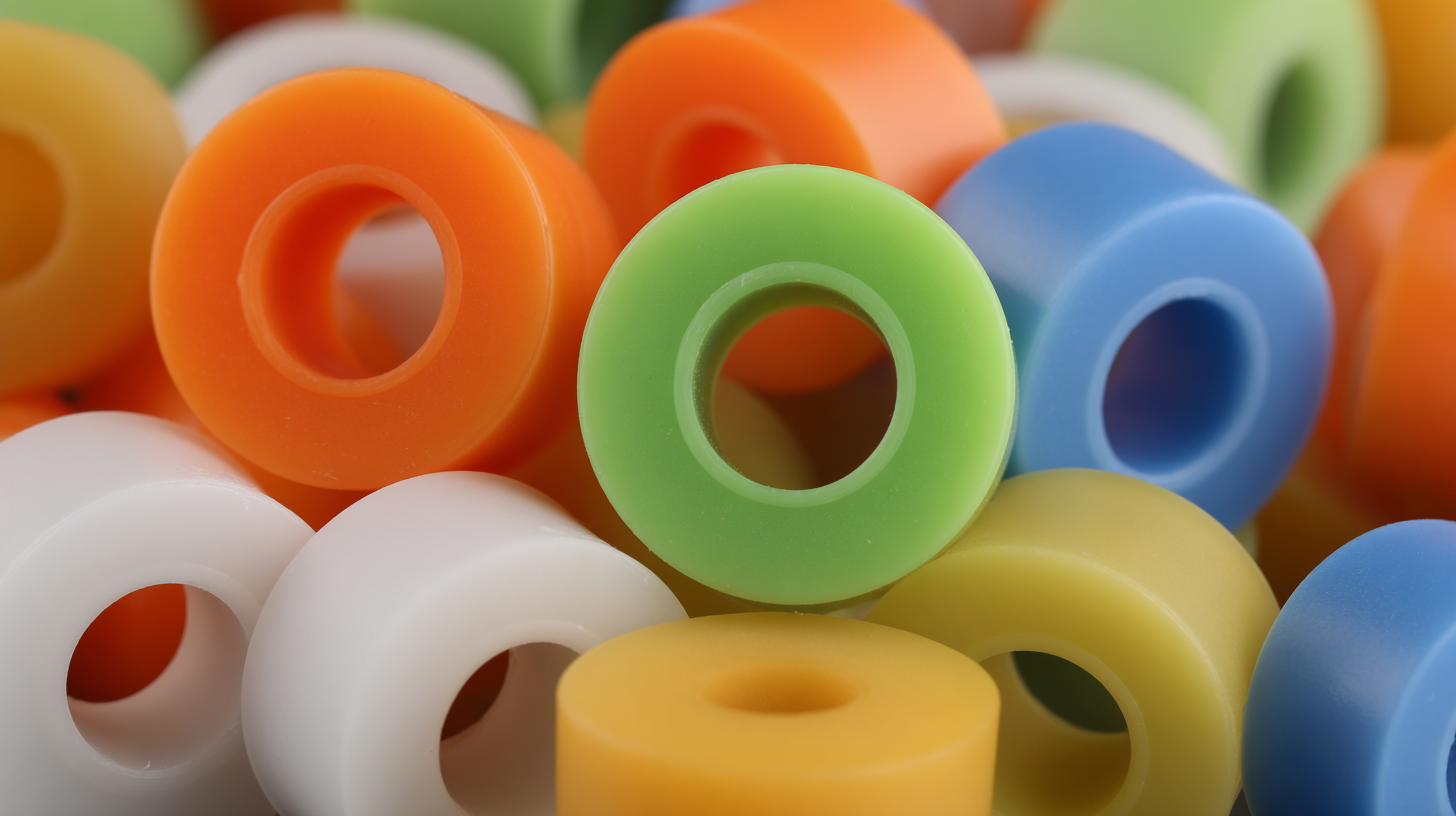
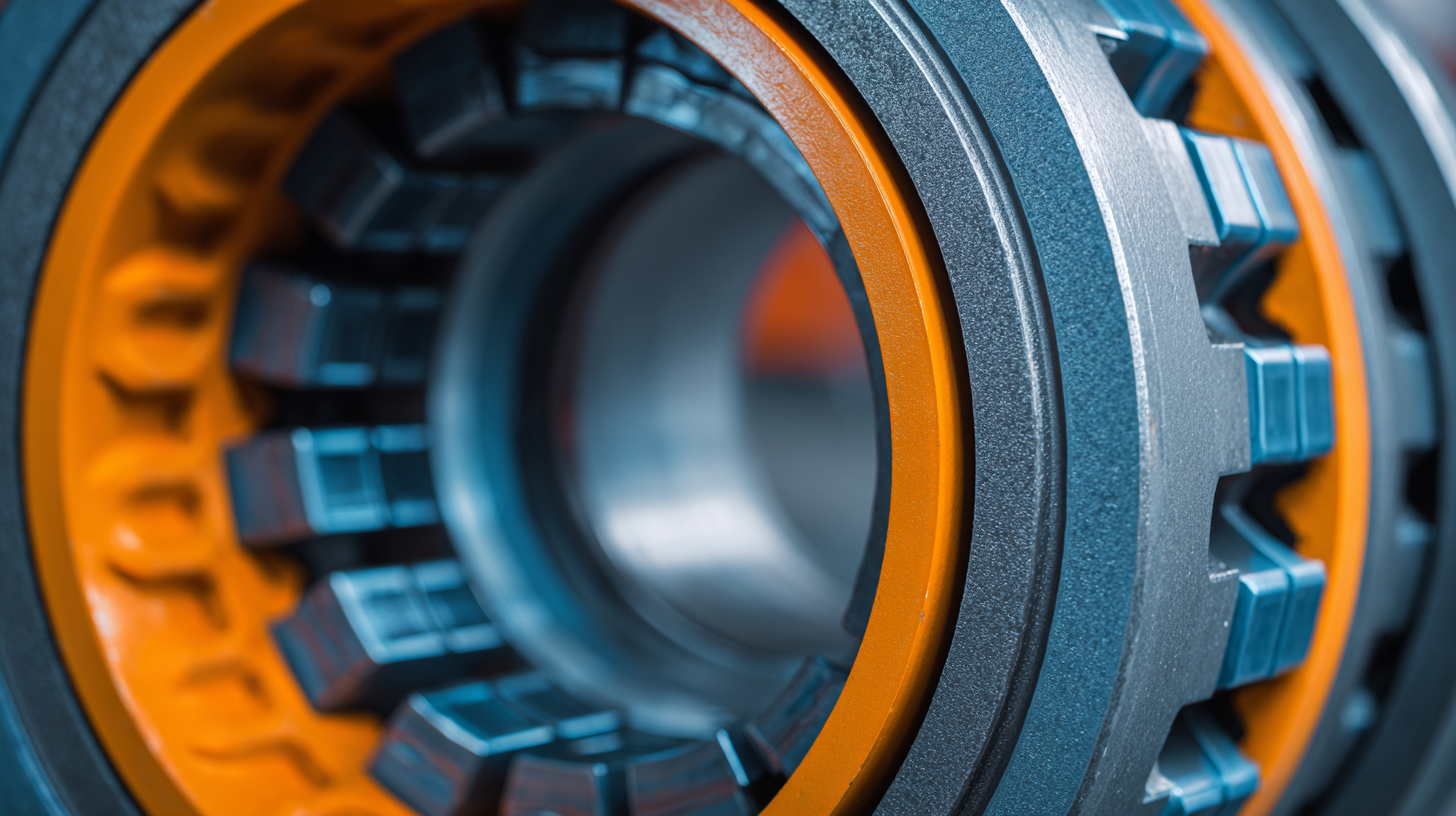 Plastic bearings are increasingly recognized for their low-maintenance benefits compared to traditional steel alternatives, especially in applications where durability and performance are critical. One of the primary advantages of plastic bearings is their ability to operate effectively without the need for lubrication, which significantly reduces maintenance requirements. This feature is particularly beneficial in construction machinery, where machinery downtime can lead to costly delays. The integration of dry-running capabilities means that these bearings can withstand harsh conditions, making them ideal for industries that face extreme wear and exposure.
Plastic bearings are increasingly recognized for their low-maintenance benefits compared to traditional steel alternatives, especially in applications where durability and performance are critical. One of the primary advantages of plastic bearings is their ability to operate effectively without the need for lubrication, which significantly reduces maintenance requirements. This feature is particularly beneficial in construction machinery, where machinery downtime can lead to costly delays. The integration of dry-running capabilities means that these bearings can withstand harsh conditions, making them ideal for industries that face extreme wear and exposure.
Additionally, plastic bearings offer substantial cost savings over their metal counterparts. They are often lighter, which contributes to improved energy efficiency in machinery. Furthermore, their resistance to corrosion and environmental impact is notably advantageous, as they can help reduce the overall carbon footprint of operations. As companies increasingly prioritize sustainability, the shift towards plastic bearings represents a progressive move towards more environmentally friendly solutions, combining performance, economic benefits, and lower maintenance needs.
Plastic bearings are revolutionizing the industrial landscape, particularly in low-maintenance applications where reducing downtime and maintenance costs is a priority. According to a report by the International Plastic Bearings Institute, industries utilizing plastic bearings can see a reduction in downtime by up to 70%. This substantial decrease is primarily attributed to the inherent self-lubricating properties of many plastic materials, which minimize friction and eliminate the need for regular lubrication maintenance.
Furthermore, plastic bearings often demonstrate remarkable resistance to harsh chemicals and extreme temperatures, making them highly durable in challenging environments. A study by the American Society of Mechanical Engineers found that plastic bearings can last up to three times longer than traditional metal alternatives in specific applications, contributing to significant cost savings on replacements and extensive maintenance labor. This durability not only extends the lifespan of machinery but also enhances overall operational efficiency, making plastic bearings an ideal choice for forward-thinking businesses aiming to optimize production while keeping maintenance efforts at bay.
| Application Area | Plastic Bearing Type | Maintenance Frequency (Years) | Downtime Reduction (%) | Cost Savings ($/Year) |
|---|---|---|---|---|
| Automotive | Nylon | 3 | 30 | 5000 |
| Electronics | PTFE | 5 | 25 | 3000 |
| Food Processing | Polypropylene | 2 | 40 | 6000 |
| Aerospace | POM (Acetal) | 4 | 20 | 8000 |
| Industrial Equipment | Polycarbonate | 3 | 35 | 7000 |
The advancement of plastic bearing technology has opened new avenues for innovation in low-maintenance applications across various industries. One notable trend is the incorporation of advanced polymers that enhance durability while minimizing friction and wear. These innovative materials allow plastic bearings to perform effectively even in rigorous environments, where traditional metal bearings might fail or require frequent lubrication. The shift towards lightweight, corrosion-resistant options signifies a growing preference for plastic in applications ranging from automotive to aerospace.
Moreover, the future prospects for reliability in plastic bearings are promising, fueled by ongoing research and development aimed at improving material properties. Engineers are now experimenting with composite materials that combine the benefits of plastics with additives like glass fibers and carbon nanotubes, resulting in bearings that withstand higher loads and operating temperatures. This evolution not only boosts performance but also offers cost-effective solutions, as the extended life cycle of these bearings leads to reduced maintenance needs and fewer replacements. As industries continue to adapt to sustainable practices, the role of innovative materials in plastic bearings will likely expand, paving the way for more efficient and reliable engineering solutions.
Plastic bearings are increasingly being recognized for their versatile applications across various industries. In the automotive sector, for instance, manufacturers have successfully integrated plastic bearings to enhance fuel efficiency and reduce vehicle weight. These bearings are not only lighter than their metal counterparts but also exhibit excellent resistance to corrosion and wear, making them ideal for parts exposed to harsh environments. A case study involving a leading automotive supplier demonstrated significant improvements in component lifespan and reduced maintenance costs after switching to plastic bearings.
Similarly, in the food processing industry, plastic bearings have found favor due to their hygiene and ease of maintenance. A notable example is a food manufacturing plant that replaced traditional metal bearings with plastic alternatives in its conveyor systems. This change not only improved the operational efficiency by reducing downtime but also ensured compliance with stringent sanitation standards, as plastic bearings are less prone to contamination. These successful applications underscore the growing trend of utilizing plastic bearings in diverse industries, paving the way for their broader adoption in low-maintenance, high-performance settings.
This chart illustrates the annual maintenance frequency associated with plastic bearings across various industries. The data indicates that the consumer electronics sector requires the most maintenance visits annually, while food processing and aerospace applications require significantly less. This highlights the potential benefits of using plastic bearings in low-maintenance applications, making them an appealing choice for various industries.
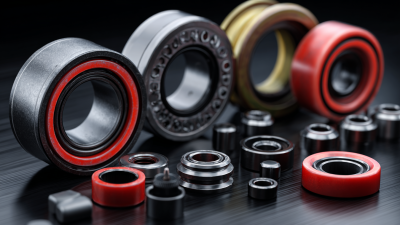
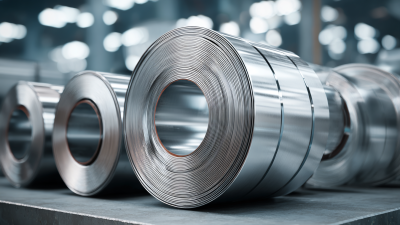
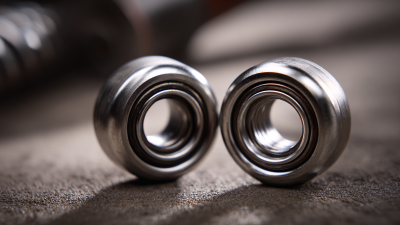

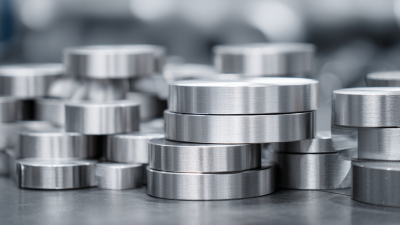

To learn more about any of the products and services provided by Abbott Ball Company, Inc., simply complete the form below.